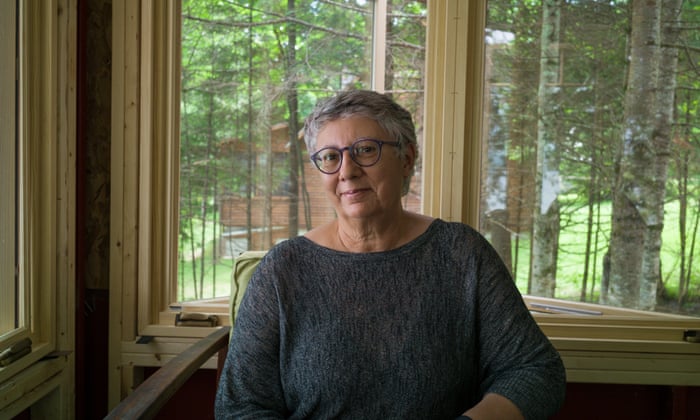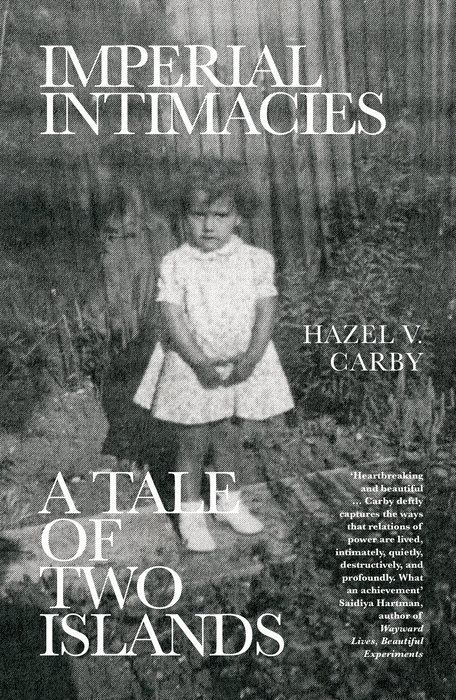A Family History of British EmpirePosted in Articles, Autobiography, Biography, Book/Video Reviews, Caribbean/Latin America, History, Media Archive, United Kingdom on 2021-02-10 01:42Z by Steven |
A Family History of British Empire
Black Perspectives
2021-02-05
Mary Hicks, Assistant Professor of Black Studies and History
Amherst College, Amherst, Massachusetts
“Where are you from?”—The deceptively simple question looms over the sprawling narrative of Imperial Intimacies: A Tale of Two Islands, the newest work by Black feminist theorist, literary critic, and historian Hazel Carby. This historical and existential query frames Carby’s gripping exploration of her ambivalent relationship to idealized “Britishness” as the child of a white, working-class Welsh mother and a Black, Jamaican father born in 1940s London. The omnipresent demand by strangers that she produce a satisfying account of her origins exemplifies her experiences as an unlocatable and thus unimaginable subject (98). Her own emotionally charged childhood memories ground Carby’s evocative examination of the intertwined nature of intimacy, race, and labor in the British Empire, stretching from the period following World War II back to the revolutionary wars of the late eighteenth century.
Imperial Intimacies begins with the Gramscian imperative to reconstruct, and at times invent, one’s personal genealogy, not only in fact but in feeling…
Read the entire review here.




